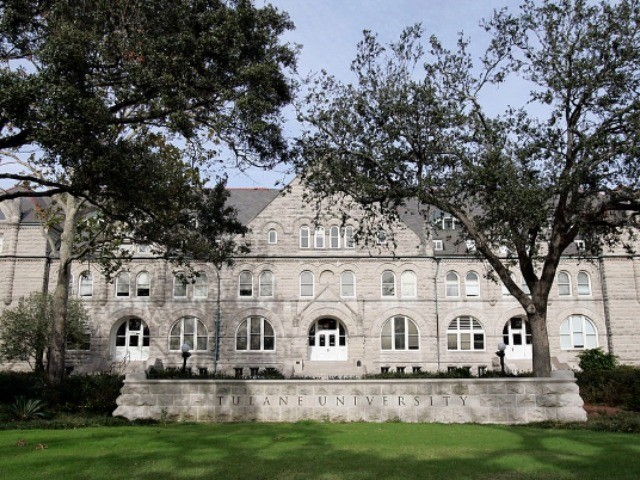Officials at Tulane University have removed the famed McAlister Victory Bell, after they discovered it had ties to Louisiana’s slave-holding past.
According to recent research by the Presidential Commission on Race and Tulane Values, the bell was initially forged in 1825 and used on a plantation to announce the passage of the hours for slaves to mark time for their daily work schedule.
The news of the bell’s origin raised eyebrows, according to the Tulane Hullabaloo. By Thursday, the bell was removed from its place on McAlister Drive, where it first appeared in 1960.
President Mike Fitts and Board of Tulane Chair Doug Hertz sent students an email about the bell citing slavery as the reason for its removal.
“As an academic institution, we believe it is important to find a way to use this bell to further our knowledge and understanding of slavery and pursue a more just society,” the message read.
The message added that a “special committee” of students, school staffers, and alumni would decide what will replace the bell.
“In doing so, we hope to establish a new tradition that truly represents a victory for all,” the email exclaimed.
The bell has been a prominent symbol of the New Orleans-based school, used to denote sports victories, class commencements, and seen in promotional materials and on the school website. Images of the bell have already been removed from the website, the paper reported.
Follow Warner Todd Huston on Facebook at: facebook.com/Warner.Todd.Huston.

COMMENTS
Please let us know if you're having issues with commenting.